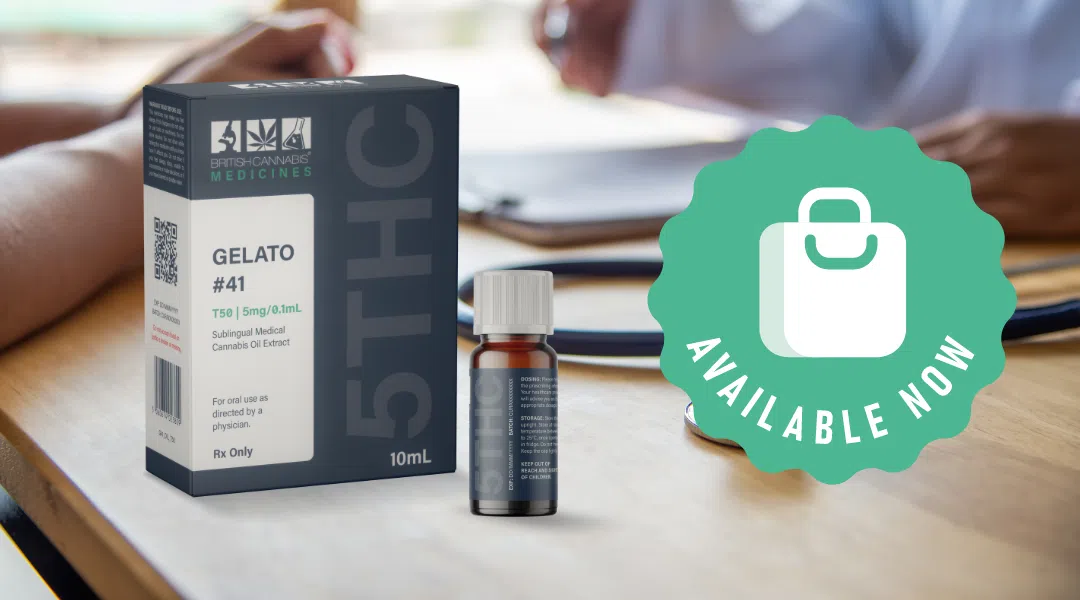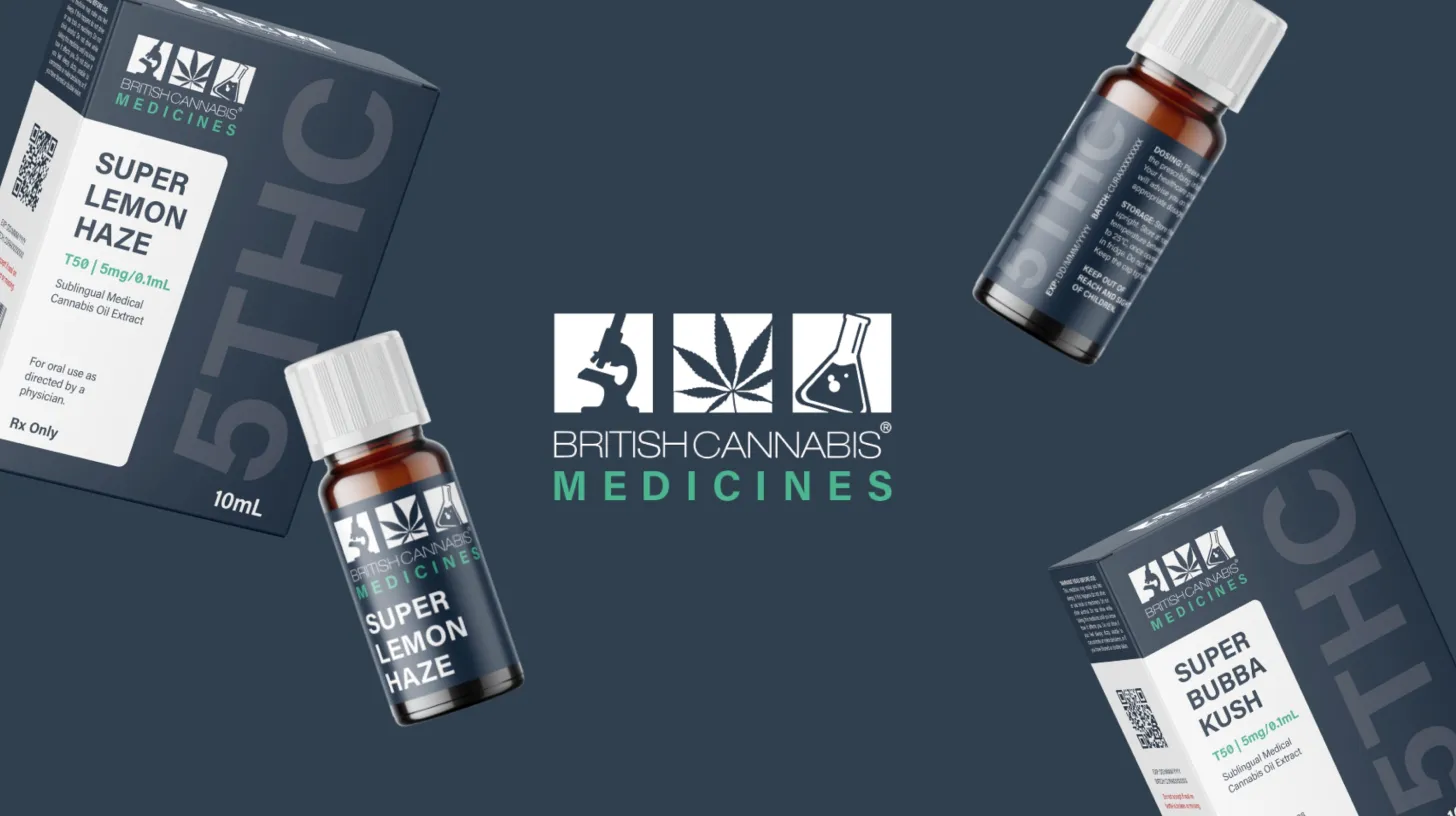
One Drop of Beer a Day: Navigating the Stark Contrast of FSA’s CBD Advice Compared to Alcohol Consumption
In a startling recent advisory, the Food Standards Agency (FSA) dramatically curtailed the recommended daily intake of Cannabidiol (CBD) to a slender 10mg, generating a buzz of contemplation and critique among consumers and industry gurus. The substantial reduction from a previously proposed 70mg to a mere 10mg underscores a compelling juxtaposition when contrasted with alcohol consumption guidelines, prompting vital dialogue about regulatory coherence and the potential ripple effects on the booming CBD industry.
Venturing into the scientific corridors where these guidelines are meticulously crafted, we find a 300-fold uncertainty factor (UF) applied in establishing this provisional acceptable daily intake (ADI) — a number derived from employing a standard 100-fold UF and an additional uncertainty factor of 3. This methodology, though cautious, stands in stark contrast to approaches applied to other substances, notably alcohol, inviting crucial conversations about consistency, bias, and the imperative for transparent communication in regulatory advisories.
The Context
Leveraging a comparison to alcohol, the FSA’s guidance can be illustrated as recommending a maximum daily consumption equivalent to less than a single drop of beer — a parallel that raises eyebrows given the well-documented and widely accepted risks associated with alcohol consumption.
In an ecosystem where consumer trust is paramount and clear, consistent regulatory guidelines are the bedrock upon which industries are built, such stark contrasts in advisory approaches can be perplexing. For industry leaders and consumers alike, navigating these disparate guidelines necessitates a holistic, well-communicated understanding of the underlying science and a commitment to advocacy for balanced, data-driven regulatory practices.
Riding the Wave of Advisory
As we tread into the intricacies of the FSA’s guidelines, it’s imperative to underscore that they remain just that: guidelines. Advisory, not prescriptive, and framed within a context that emphasizes precaution in light of limited data, particularly regarding long-term use. In the words of the FSA, they’re a careful step aimed at safeguarding consumer health while navigating the somewhat murky waters of an industry still in its nascent stages of scientific understanding and regulatory alignment.
Industry Impact and the Path Forward
British Cannabis, in the role of industry harbinger, steps into the spotlight, acknowledging the FSA’s cautious approach while concurrently championing a calm, informed, and measured response from both the industry and consumers.
While the advisories engender a potential atmosphere of scepticism or concern among consumers and stakeholders, British Cannabis exemplifies a composed and consultative demeanour, assuring partners, stakeholders, and consumers that the horizons of the CBD industry remain bright and boundless.
The key takeaway from British Cannabis is not just resilience but an unwavering commitment to informed compliance, constructive dialogue with regulatory bodies, and an undeterred journey toward unlocking the myriad potentials of CBD, always with an unwavering gaze on consumer safety and scientific veracity.
Dialogue, Advocacy, and Co-Creation
Now, more than ever, the role of industry leaders in co-creating regulatory landscapes that are balanced, transparent, and reflective of evolving scientific understanding is pivotal. Advocacy for consistent regulatory approaches, ongoing dialogue with regulatory bodies, and a commitment to transparent, clear communication with consumers will be the keystones upon which the future stability of the CBD industry is built.
In the shifting sands of regulatory advisories and scientific understanding, British Cannabis stands steadfast, extending a hand to consumers, partners, and regulatory bodies alike, inviting all to a collective table of dialogue, understanding, and co-creation toward a future where CBD continues to blossom within safe, scientifically substantiated, and consumer-friendly confines.






